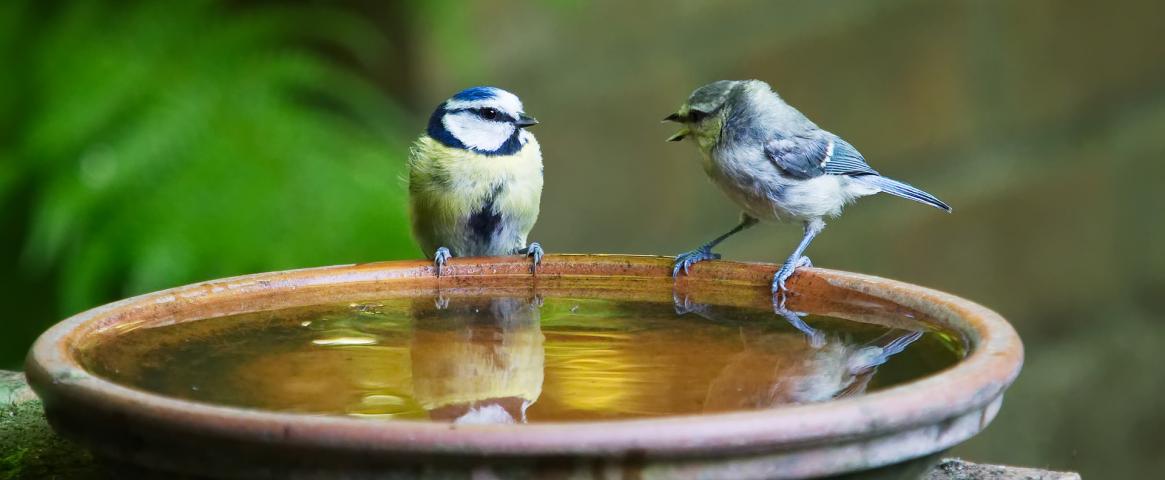By Jaime Chambers
Interviews aren’t just about getting the facts; they’re about eliciting the colorful, human side of a story. Often, that comes in the form of a vivid quote or an apt analogy. But sometimes, it’s a tiny robotic bee pulled out of a backpack.
“He was like, ‘Oh yeah, we go everywhere together,” said Sarah McQuate, University of Washington News, recounting her interview with the creator of the first wireless robotic insect. “I feel like that moment wouldn’t have been the same over the phone.”
Navigating expert knowledge while encouraging conversational style takes practice. In the ScienceWriters2020 session “The Art of the Interview,” panelists offered tips for crafting questions and tackling difficult topics.
To help researchers break free from the shackles of jargon, McQuate models a non-expert language level. “I don’t use jargon, even if I personally understand the science enough to be able to use it,” McQuate said.
But when leading by example fails, don’t be afraid to spell out what you need, says Buzzfeed’s Stephanie Lee. Directly state what you’re looking for: a few sentences summing up a finding, or an analogy rooting an idea to the big picture.
Clarify anything you don’t understand during the interview, Lee urged – but resist the temptation to interrupt. Instead, leave an asterisk in your notes: a reminder to return to that point at the next opportunity.
Behind every good interview lies a journalist who did their homework. Panelists recommended preparing 3 to 5 priority questions, framed as open-ended rather than yes/no queries.
But the style of preparation depends on the nature of the story. While a Public Information Officer (PIO) reads a scientist’s latest research as background, an investigative reporter takes an iterative, months-long approach.
ProPublica’s Adriana Gallardo builds a “cascade of information” by interviewing different people, each layer guiding the shape of the story. Much of this work begins with “digital shoeleather:” finding sources via online groups devoted to a particular issue.
Sensitive topics such as accusations require special preparation. Lee recommends gathering as much documentation as possible before reaching out to the accused. Keep the initial outreach general, such as: “I’m looking into allegations about X. Do you have time for a phone interview?”
If repeated requests get no response, Lee sends a “no surprises letter” (sample available on The Open Notebook). This document details the statements made, offering one to two business days to respond before the story’s release.
Stories involving trauma may warrant non-traditional reporting approaches. For ProPublica's “Lost Mothers” project on Black maternal mortality, Gallardo curated questions for mothers and daughters to ask each other.
“Mothers speak to their own mothers differently than they would to a reporter – and to me that’s a huge lesson,” Gallardo said. “When people have important things to share with you, it doesn’t have to be you on the other end of that microphone.”
Because fact-checking can be unfamiliar for those with little media experience, introduce the concept early. “It’s important for them to understand the fact-checking process is a way to protect the story,” Gallardo said. “That’s how I like to frame it. I’m protecting everything you’ve said to me, I’m protecting ourselves, I’m protecting whatever outcome may come from this.”
Interviews offer a way of building a relationship with a source, McQuate said, and shouldn’t spell the end of the conversation. Close by asking if there is anything you forgot to ask, and if you can contact the subject again if you have more questions.
“Leave the door open,” Gallardo said. “Never leave that interview as if you’ll never talk to them again.”
Participants registered for ScienceWriters2020 can access a recording of this session in the Whova app for 6 months.
Jaime Chambers is an Anthropology Ph.D. student at Washington State University. She has previously written for Ask Dr. Universe, a weekly science column for kids, and Massive Science. Follow her on Twitter @jaimenchambers or email her at jaime.n.chambers@gmail.com.

